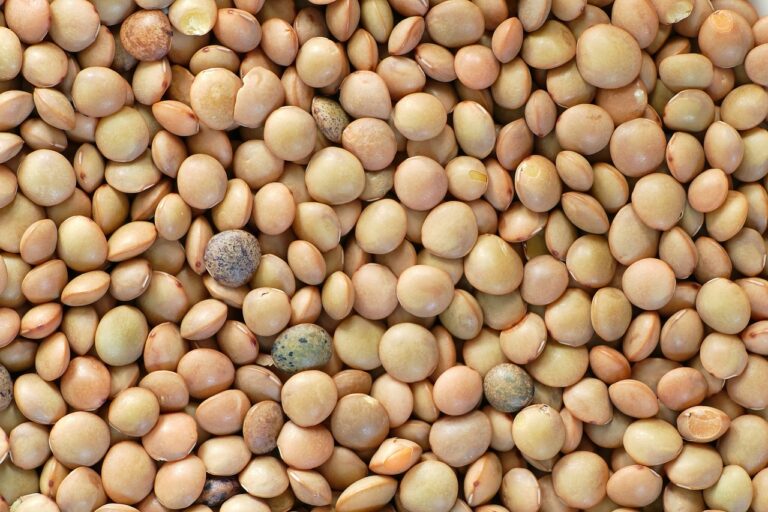The Surprising Health Benefits of Fermented Vegetables: From Sauerkraut to Kimchi
Fermenting vegetables is a practice deeply rooted in history, dating back thousands of years across various cultures around the world. This ancient preservation method was initially developed out of necessity to prolong the shelf life of vegetables before the advent of modern refrigeration. In regions where harsh winters made it difficult to grow fresh produce year-round, fermentation became a vital technique to ensure a stable food supply.
Historically, fermented vegetables were not only valued for their extended shelf life but also for their health benefits. Many ancient civilizations recognized the probiotic and digestive advantages of consuming fermented foods. In addition to promoting gut health, fermented vegetables were also believed to boost the immune system and aid in digestion. The rich history of fermented vegetables demonstrates the enduring appeal of this traditional food preservation method.
The Science Behind Fermentation
Fermentation is a natural process that transforms carbohydrates into alcohol, organic acids, or gases. This complex chemical reaction is carried out by microorganisms such as bacteria, yeast, and molds. These microorganisms break down sugars in the vegetables and produce byproducts that give fermented foods their unique flavors and textures.
During fermentation, the microorganisms consume the sugars in the vegetables and produce compounds like lactic acid, acetic acid, and carbon dioxide. These compounds not only preserve the vegetables but also enhance their nutritional value. Fermentation also increases the bioavailability of certain nutrients, making them easier for our bodies to absorb.







